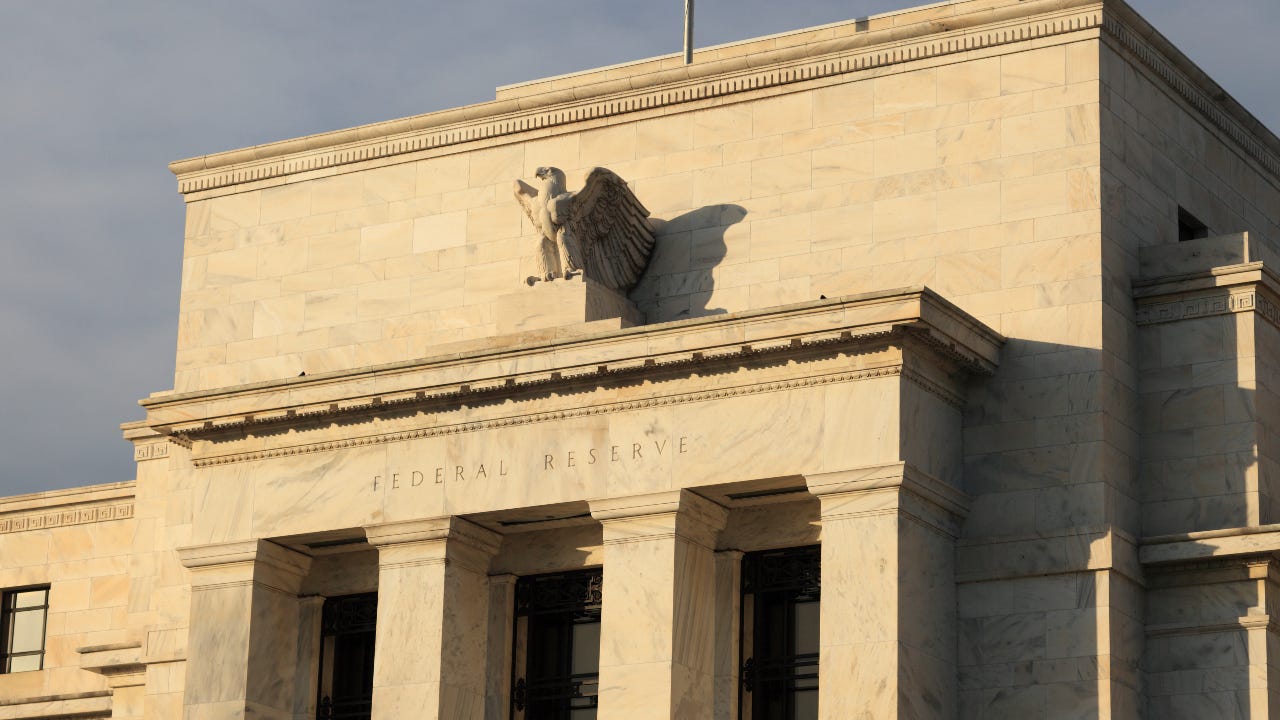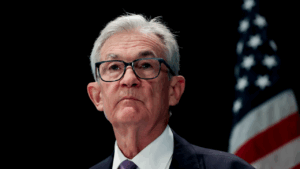Federal Reserve lifts six-withdrawal limit on savings accounts

Savers now have more access to their money.
The Federal Reserve Board on Friday announced an interim final rule to amend Regulation D, allowing consumers to make an unlimited amount of withdrawals or deposits from savings deposit accounts instead of being capped at six.
Banks are now able to immediately suspend this regulation, giving customers an unlimited number of transfers and withdrawals “at a time when financial events associated with the coronavirus pandemic have made such access more urgent,” according to the statement.
The rule doesn’t require banks to suspend the six-transaction limit. Contact your bank directly to confirm its withdrawal and transfer rules. This rule goes into effect on the day it’s published in the Federal Register, which could be as early as next week.
Here’s what else to know about the ruling and how it impacts you.
What is Regulation D?
Regulation D is a federal law that keeps consumers from making more than six withdrawals or transfers per month from a savings account or money market account. The rule is in place to help banks maintain reserve requirements.
Before this amendment, there were some transactions that were unlimited, such as ATM withdrawals and withdrawals with a teller.
How this helps consumers
The Fed’s ruling means consumers don’t have to worry about exceeding Regulation D withdrawal limits. This should make it easier for people to pay bills more frequently online from a savings account.
Previously, even a transfer from savings to checking within the same bank counted toward the withdrawal limit. Now savers can focus on making payments instead of keeping track of transfers.
Rose Oswald Poels, president and CEO for the Wisconsin Bankers Association, says this is good news for both consumers and banks.
“It is going to make it easier for consumers to transfer money in their savings accounts,” Oswald Poels says. “This is also something that banks have been asking regulators to do for the last several years. So, this really is a win-win for everyone involved.”
Previously, the penalties for exceeding Regulation D limits could be fees, having the account converted to a non-interest bearing account or even having the account closed.
There were a few ways to make unlimited withdrawals from a savings deposit account before this amendment. Previously, ATM withdrawals and in-person withdrawals were unlimited. But with many under stay-at-home orders because of the coronavirus, these probably weren’t the most convenient or safest methods during these times.
Other important things to consider
Here are a few other important considerations after the Fed’s ruling.
Money market accounts also fall under Regulation D. Unlike savings accounts, some money market accounts allow you to write checks. Generally, money market accounts tend to offer higher annual percentage yields (APYs) than standard checking accounts. With check writing and unlimited transfers and withdrawals, a high-yield money market account might be the most flexible option for your money.
Regulation D limits may have prevented savers from withdrawing from their savings deposit account too often. Maintain discipline to make sure that your savings isn’t used unless it’s necessary.
“The emergency savings should be the ‘break glass in case of fire’ option,” says Greg McBride, CFA, Bankrate chief financial analyst. “Making savings accounts more accessible during a changing and very difficult economic landscape is beneficial.”
McBride says he worries about the longer-term unintended consequences of this change.
“If savings accounts and money market deposit accounts start to look more like everyday transaction accounts, the interest earnings are going to start to look more like everyday transaction accounts,” McBride says.
Using checking accounts for transactions and savings accounts and money market accounts for saving money may still be the best option, even with these changes. This is why having multiple accounts can be so effective, because it helps keep money separated for different goals. Using a money market account for everything might make it easier to use money meant for one purpose on an everyday expense.
Learn more:
- Questions to ask before dipping into emergency fund
- Why your money is safe in the bank
- Coronavirus relief and stimulus plans
Why we ask for feedback Your feedback helps us improve our content and services. It takes less than a minute to complete.
Your responses are anonymous and will only be used for improving our website.
You may also like

Biggest winners and losers from the Fed’s latest meeting




